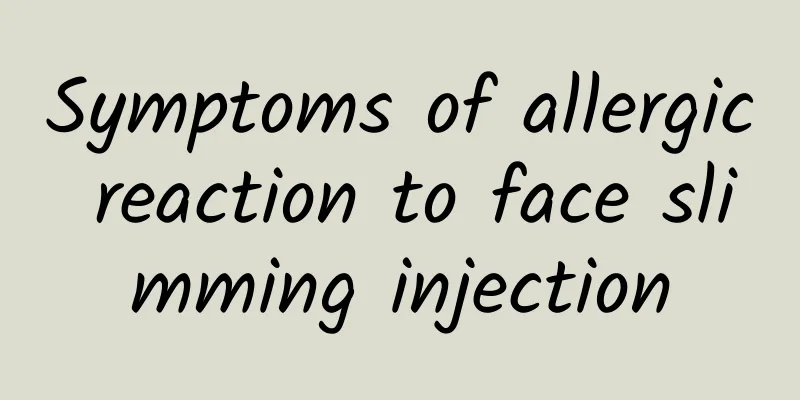Nose is clear but there is phlegm on the palate

|
Generally, when the nose is blocked, there will be phlegm on the upper palate. At this time, the phlegm must be spit out to better relieve the problem of nasal blockage. But sometimes the situation is quite special. Even though the nose is not blocked, you may still find phlegm on the palate. What's going on when my nose is unblocked but there is phlegm on the roof of my mouth? How should we solve it? Let’s analyze it carefully below. Nasopharyngitis is inflammation of the nasopharyngeal mucosa, submucosal and lymphoid tissue. Cause: 1. Viral infection is most common with coxsackie virus, adenovirus, parainfluenza virus, followed by rhinovirus and influenza virus. It is transmitted through droplets and close contact. 2. Bacterial infections are most common with streptococci, staphylococci and pneumococci, among which group A beta streptococcus infection is the most serious and can lead to suppurative lesions in distant organs. 3. Environmental factors such as high temperature, dust, smoke, irritating gases, etc. can cause this disease. For patients without systemic symptoms or with mild symptoms, local treatment can be applied: gargle with compound borax solution, various lozenges and Chinese patent medicines can be used as appropriate; antiviral drugs can be used according to the cause of the disease. In addition to the above treatment, patients with severe systemic symptoms accompanied by high fever should rest in bed, drink plenty of water and eat liquid food. Antiviral drugs can be administered intravenously, and antibiotics or sulfonamides can be used at the same time. Prevention 1. To prevent nasopharyngitis, you should keep warm, especially for patients with rhinitis. No matter in winter or summer, if you are in a low temperature environment (indoor air-conditioned environment in summer), you should keep warm. 2. Nasopharyngitis may be accompanied by symptoms such as dryness, stinging, and fever in the nasopharynx. To prevent nasopharyngitis, you should pay attention to drinking plenty of water, getting enough rest, ensuring fresh air around you, and avoiding spicy and irritating foods. 3. Enhance the body's immunity. Regular exercises such as swimming and running can improve physical fitness, which helps prevent nasopharyngitis. 4. Eat more fresh vegetables and fruits, but be careful not to eat cold food, especially iced drinks and other cold foods in summer. 5. Eat more protein-rich foods, such as milk, fresh fish, soybeans, etc. 6. Avoid bad habits such as smoking, drinking, staying up late, pay attention to personal hygiene, and keep the surrounding environment clean. 7. If you find symptoms such as high fever, cough, chest tightness, nausea, etc., go to the hospital for diagnosis and treatment in time to avoid missing the best time for treatment. |
<<: Yellow discharge after menstruation
>>: Colds Dry nose and palate pain
Recommend
How many bladder meridians are there?
From the perspective of traditional Chinese medic...
Symptoms of throat herpes, treatment methods of throat herpes
Among the common herpes classifications, throat h...
The efficacy and function of herbal ointment
Herbal ointment is a Thai therapeutic medicine. I...
How to reduce fever fastest?
Fever is a very common physical disease in daily ...
What to do if you have internal heat and bad breath?
People with bad breath, like people with body odo...
What is the normal value of urine amylase?
The human body has an excretion system, and what ...
Six months pregnant stomach panic
The stomach feeling uncomfortable in the sixth mo...
No heating, Chinese medicine, influence
After we boil the Chinese medicine, we often tell...
How does TCM treat breast abscess?
The occurrence of breast abscess will pose a cert...
Infectious mononucleosis
Infectious mononucleosis is a common systemic pro...
What are the benefits of drinking Panax notoginseng wine?
Speaking of Panax notoginseng, I believe many peo...
Girls suddenly have more leg hair
After going through puberty, women's leg hair...
The drug of choice for treating typhoid fever
Typhoid fever is an acute infectious disease caus...
What are the benefits of eating the placenta?
We often hear many reports saying that after givi...
What are the causes of shadows on lungs on X-rays?
X-ray examination of the lungs is very common in ...









